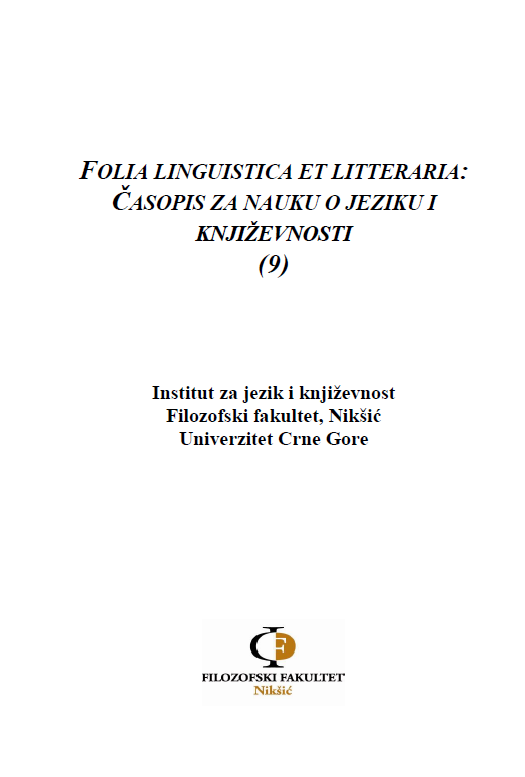DUBITO ERGO SUM: MILTON’S SATAN AS THE EMBODIMENT OF CARTESIAN PHILOSOPHY
DUBITO ERGO SUM: MILTON’S SATAN AS THE EMBODIMENT OF CARTESIAN PHILOSOPHY
Author(s): Branko MarijanovićSubject(s): Early Modern Philosophy, 17th Century, Theory of Literature, British Literature
Published by: Filološki fakultet, Nikšić
Keywords: Milton; Paradise Lost; Descartes; Satan; doubt; individualism; inductive method; integrative approach;
Summary/Abstract: This work attempts to show the inseparable connection between the philosophy and literature of the seventeenth century on the basis of the interrelations between John Milton’s epic Paradise Lost and Descartes’ philosophical work. By stressing the connection between Cartesian philosophy and Milton’s epic Bogdan Suhodolski’s thesis that non-philosophical texts have very often been indispensable for understanding both the philosophy and the spirit of an age is proved to be true. It is contended that the spirit of the seventeenth century can be faithfully recreated only by an integrative approach, i.e. by combining and simultaneous analysis of works of philosophical and non-philosophical nature. Doubt, experimenting and a wide array of other Cartesian notions, dispersed throughout Paradise Lost, seem to be significant features of Satan’s character, a convincing confirmation of Suhodolski’s thesis and a rewarding way of recreating and understanding the intellectual climate of the seventeenth century.
Journal: Folia Linguistica et Litteraria
- Issue Year: 2014
- Issue No: 9
- Page Range: 45-60
- Page Count: 16
- Language: English

